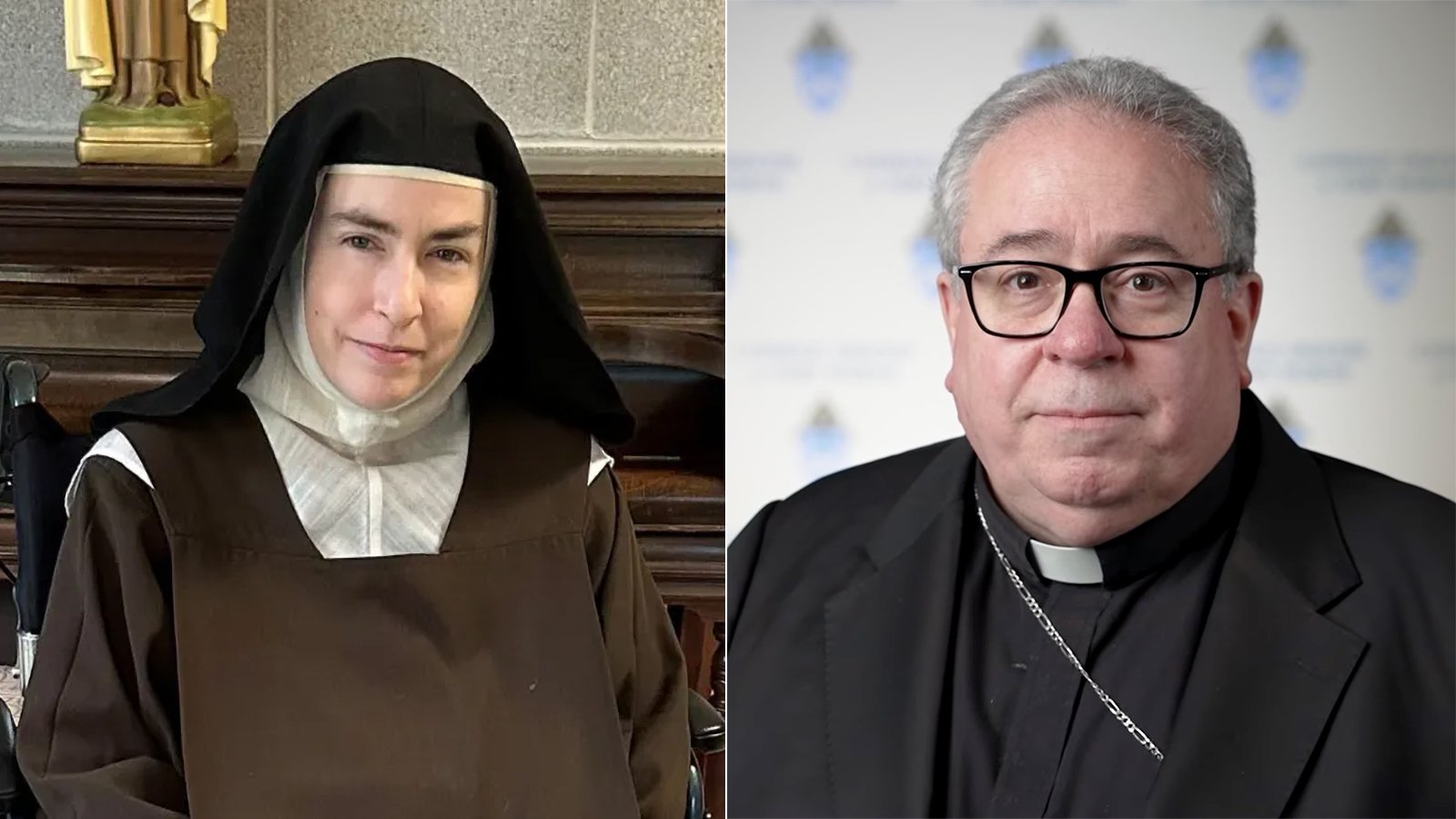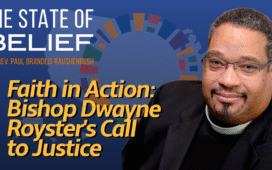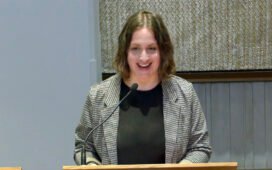FORT WORTH, Texas (RNS) — A group of Texas nuns engaged in a yearlong dispute with Catholic Church leadership has been dismissed from religious life and “reverted to the lay state,” according to their Vatican-appointed overseer.
Mother Marie of the Incarnation, who replaced Mother Teresa Agnes Gerlach at the behest of the Vatican in April, wrote in a statement posted Oct. 28 on the Fort Worth Diocese’s website that the seven nuns are no longer members of the Order of Discalced Carmelites because they “have reverted to the lay state by their own actions.”
The decision came after the nuns, who live in a monastery on 72 wooded acres in Arlington, Texas, announced they would no longer recognize Mother Marie of the Incarnation as their superior and would join the Society of St. Pius X, a traditionalist Catholic breakaway group.
In response, the nuns in a statement called their dismissal “a moot point.”
“The Vows we have professed to God cannot be dismissed or taken away,” they added.
It’s the latest dramatic development in a yearlong tussle that’s received international attention.
The nuns have been at odds with Fort Worth Bishop Michael Olson since he launched an investigation last year alleging that Gerlach had broken her vow of chastity with a priest. Though Gerlach initially admitted to violating the vow, according to a statement posted on the diocese’s website, she later told Olson she had never met the priest in person and was only guilty of “sexting,” Olson told reporters earlier this year.
Matthew Bobo, the nuns’ attorney, called the original allegation “completely fabricated” and stated flatly, “She did not have sex with a priest.”
The nuns, who argue that their order is autonomous and answers only to the Vatican, filed a lawsuit in U.S. district court alleging that Olson had overstepped his authority when he entered the monastery’s grounds, seized laptops and phones and questioned the nuns for hours. In a statement after the lawsuit was filed, Olson accused the nuns of “inciting hatred and animosity” toward him and the diocese.
Gerlach, later explaining that she was on painkillers after undergoing surgery, said she could not remember what she had told the bishop. But Olson dismissed her from her order, barred her from communicating with her caregiver, Sister Francis Therese, and blocked priests from celebrating Mass at the monastery. In May of this year, the Vatican overturned some of Olson’s actions, restoring Gerlach to the order, but named Marie of Incarnation as the nuns’ superior.
In a six-hour district court hearing on the case in June 2023, diocesan officials played recordings of Gerlach’s testimony and revealed evidence of drug use and sexting. A district court judge sided with the diocese, saying his court has no say in ecclesiastical matters.
The nuns are not the only ones who have issues with Olson’s handling of the case. An online petition posted on a website called Remove Bishop Olson lists grievances including alleged bullying, hostility and heavy-handed management, a charge echoed by others outside the diocese. In 2022, Olson also drew criticism after canceling a women’s empowerment summit, saying it violated Catholic teaching, and later forcing the resignation of the CEO of Catholic Charities of Fort Worth, who the bishop said defended the summit.
The nuns’ supporters believe Olson, who oversees churches and properties in 28 counties with 1.2 million congregants, wants to add the monastery’s acreage, worth an estimated $3.8 million, to the diocese’s holdings. Donated by the late philanthropist Ruth Carter Stevenson when the area was still largely rural, her daughter Sheila Johnson, a major financial backer, said it could fetch up to $20 million. The diocese has insisted it has no designs on the property and could not legally simply take it over.
Mother Marie of the Incarnation hopes for a just resolution.
“Our only wish is that the dismissed members of the Carmel would repent, so that the monastic property could again be rightly called a monastery, inhabited by Discalced Carmelite Nuns, in good canonical standing with the Church of Rome,” she wrote.






